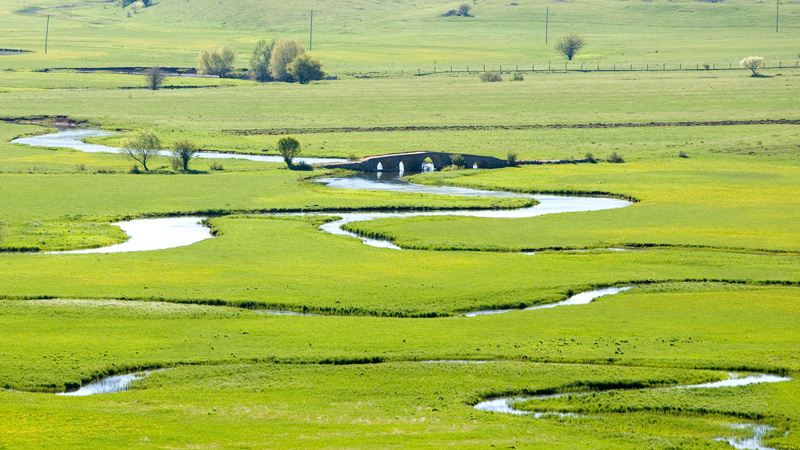What are the services performed by a water course? First of all, a water course performs geomorphological and hydrogeological functions by modelling the landscape through erosion and deposition processes. In this manner, a water course captures as much rainwater as possible, which it then returns slowly and gradually to the surrounding territory. This enables it to collect, retain, transport and redistribute the nutrients washed off from rocks and from the lands it flows across, thereby promoting the maintenance and creation of habitats rich in biodiversity, which, in their turn, offer important services to humans.
Rivers, in fact, are fundamental to human activities, from the economic, subsistence and recreational viewpoints. A non-functional river ecosystem is unable to redistribute rainwater slowly, giving rise to hazardous phenomena that pose threats to human lives, while, at the same time, they cannot offer a pleasurable environment where people can live and engage in business and entertainment activities.
We need healthy and sufficient ecosystems, to enhance the quality of the natural resources that are essential to life in general as well as to the wellbeing of people.
Photo credit: © Michel Gunther / WWF

